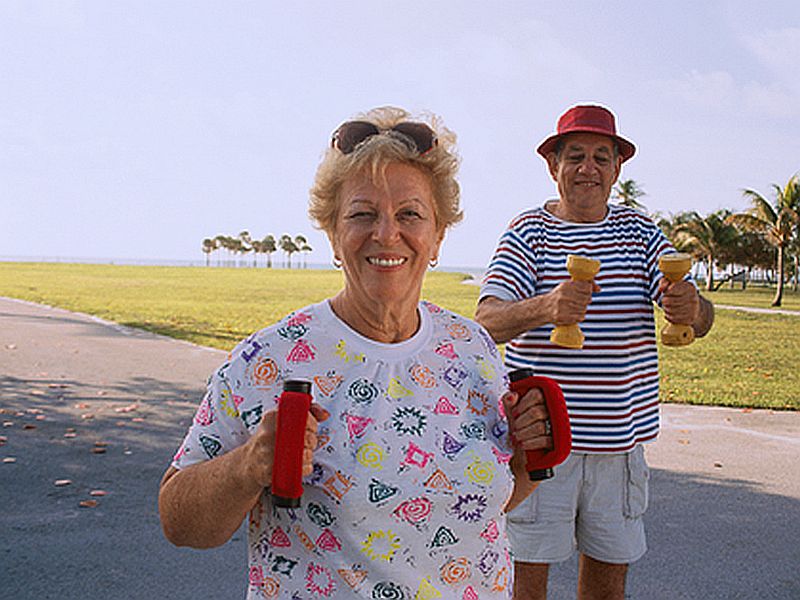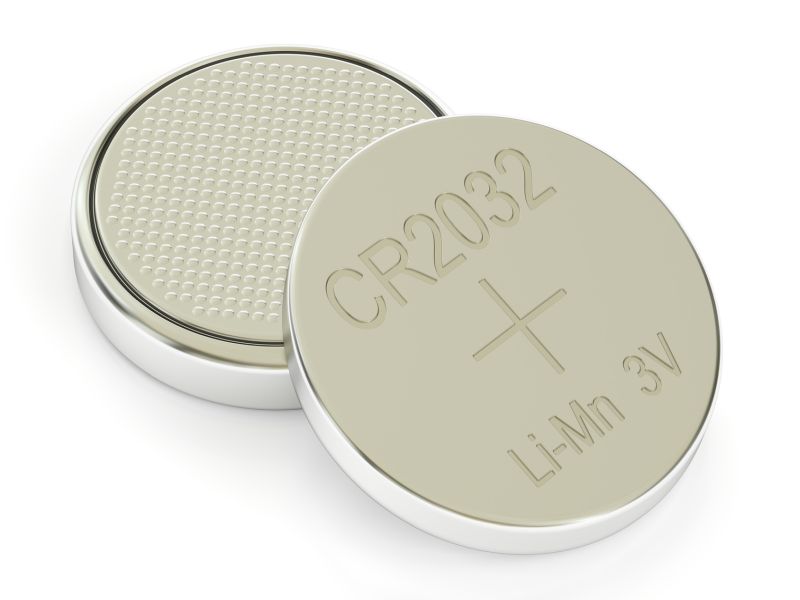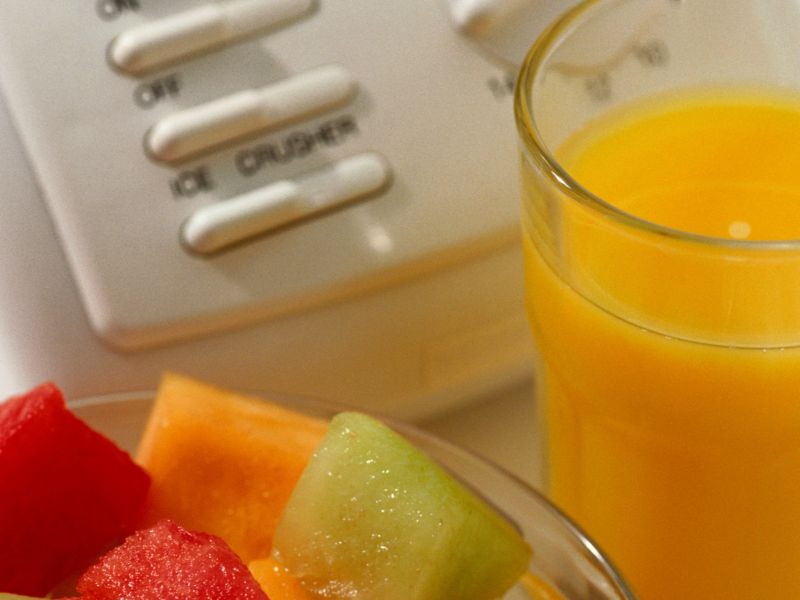
A small daily dose of nature may be the perfect prescription for stress. An eight-week study found that people who spent at least 20 minutes a day in places that made them feel connected to nature had significantly lower levels of the stress hormone cortisol. This so-called “nature pill” could be a low-cost antidote to… read on >

















